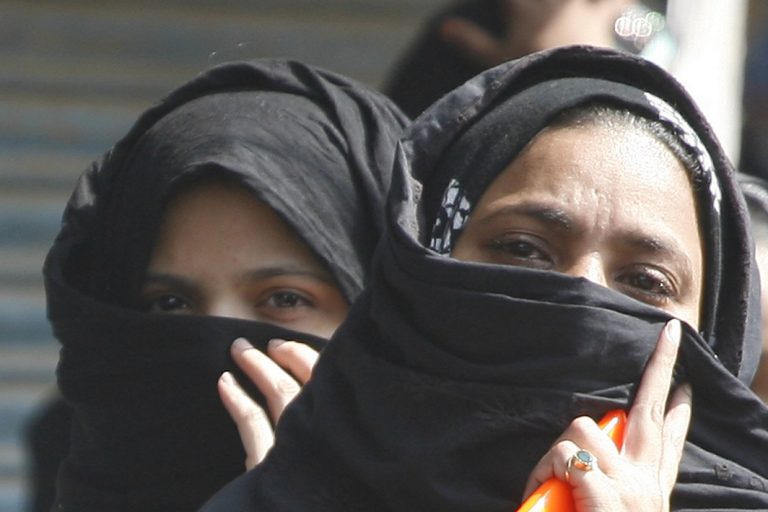
There is need for a re-look into the validity and reform of outdated personal laws in the context of secular polity
~By Pallav Shishodia
Triple talaq, spoken with dramatic denouncement, evokes the image of an autocratic and temperamental man abandoning a weak and emotionally wrecked woman fighting to hide her tears. The real life characters may be more mundane, but there is no doubt that we have a large population of Muslim women subjected to exploitation through an easy and quick divorce or even the fear of it.
In Muslim personal law, a nikah is just a contractual relationship which can be terminated like any other contract. Easy to say, but imagine the destitution left behind for wife and children. Maher is hardly recompense. It is rather illusory in the backdrop of the socio-economic condition of the vast majority of Muslims in India. In almost all Islamic countries, from Turkey to Pakistan, this instant triple talaq is banned. Hence, the idea of marriage, divorce and family that Islam ordains needs a reinterpretation. They have to be in tune with modern times. There is need for a thorough re-look of this practice, and of the validity and reform of outdated personal laws in context of secular polity.
Ideally, a new law must ameliorate the lot of the poor and helpless Muslim women and empower them with gender equality and matrimonial stability that women of other communities enjoy. It is like the reforms to Hindu laws from time to time. However, for Muslims, successive governments have shied away from this issue, lest the minority vote bank is annoyed. Only lip service was paid to the call for a uniform civil code. There never was serious talk or debate to suggest reforms.
A suo-motu petition to debate this issue is before a five-judge constitution bench of the Supreme Court of India. Any digression to other issues like polygamy, etc. is declined. The debate now appears totally apolitical. It is heartening that some progressive Muslims have come out to support abolition of triple talaq. Hopefully, something constructive and positive comes out.
—The writer is Senior Advocate, Supreme Court of India

